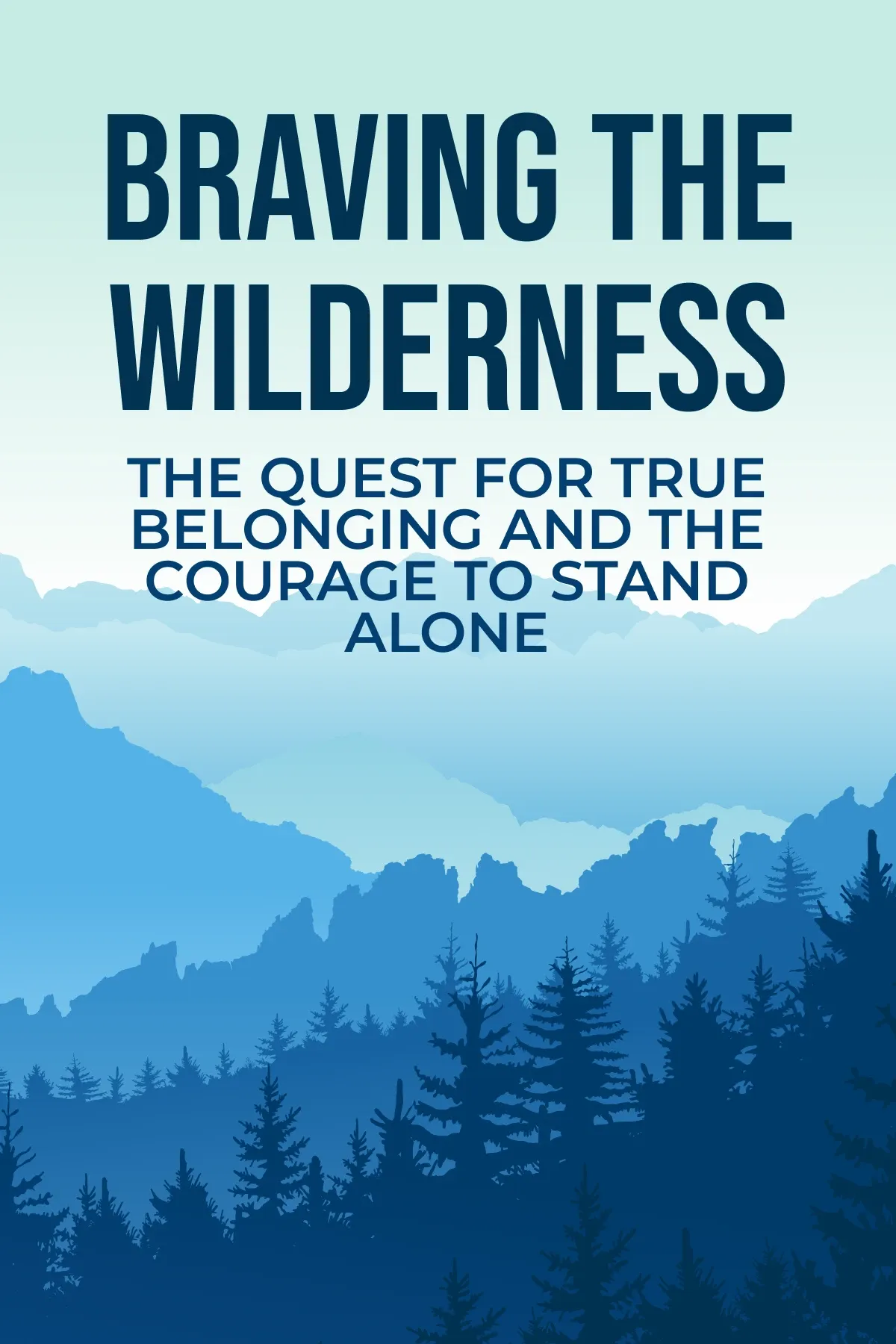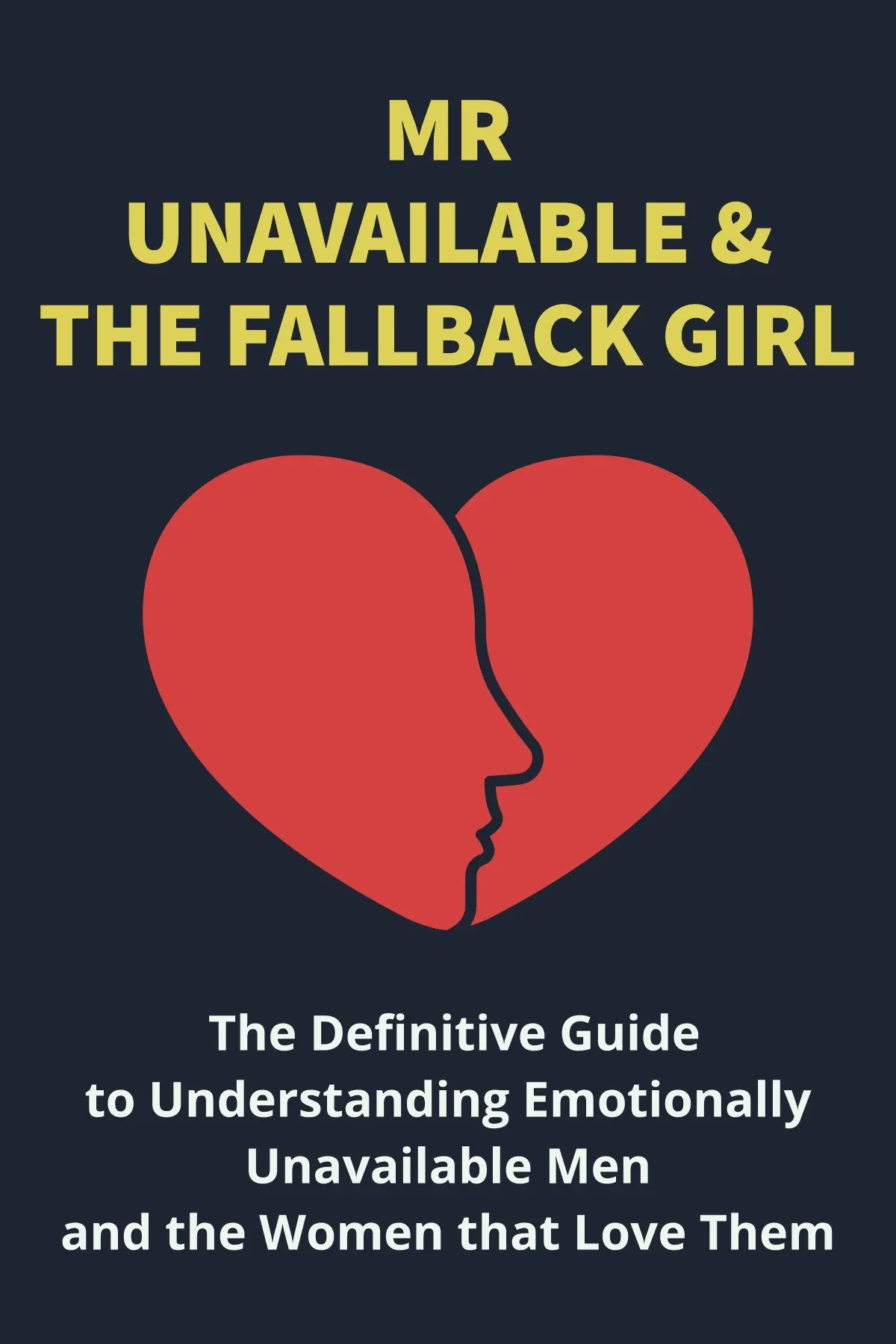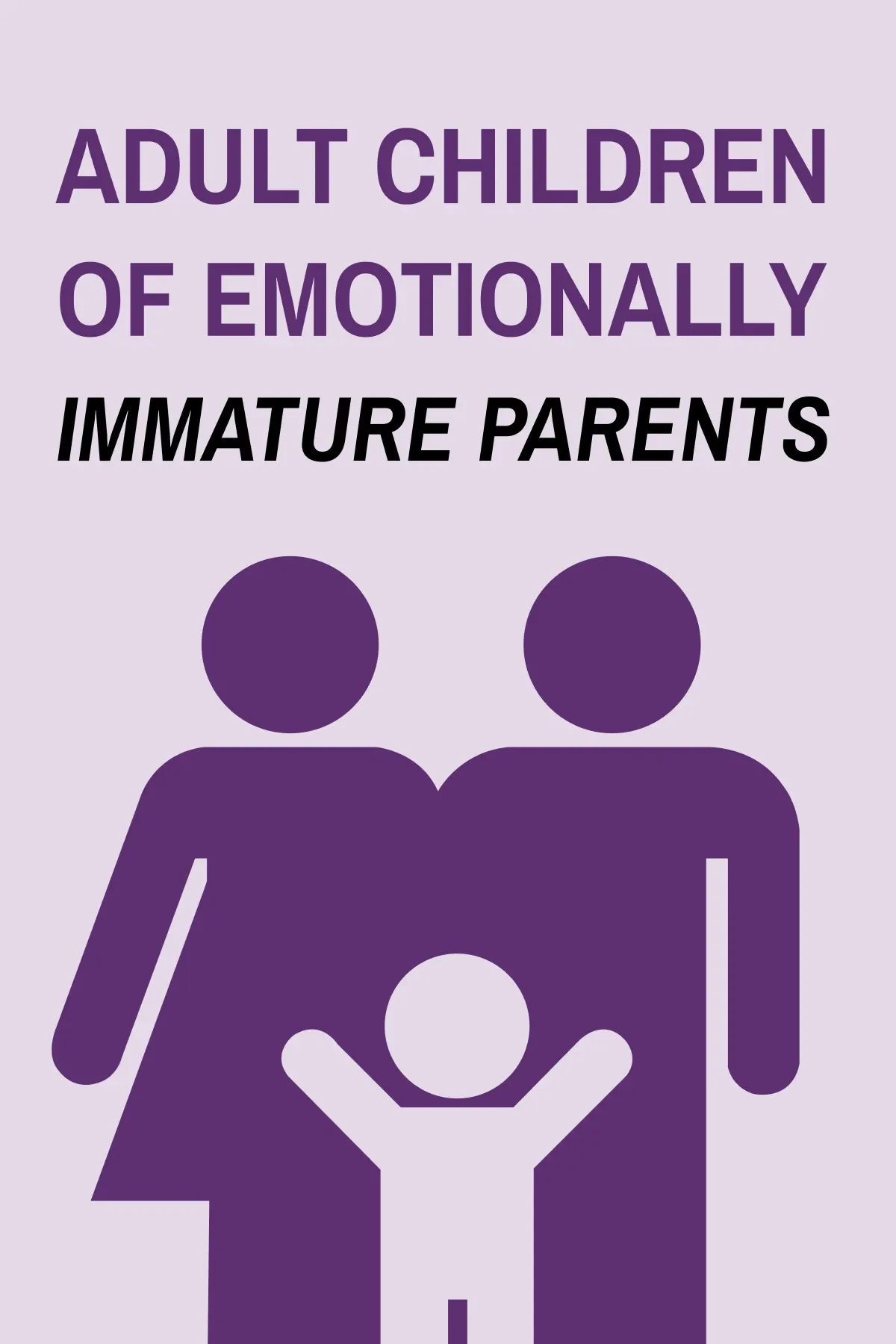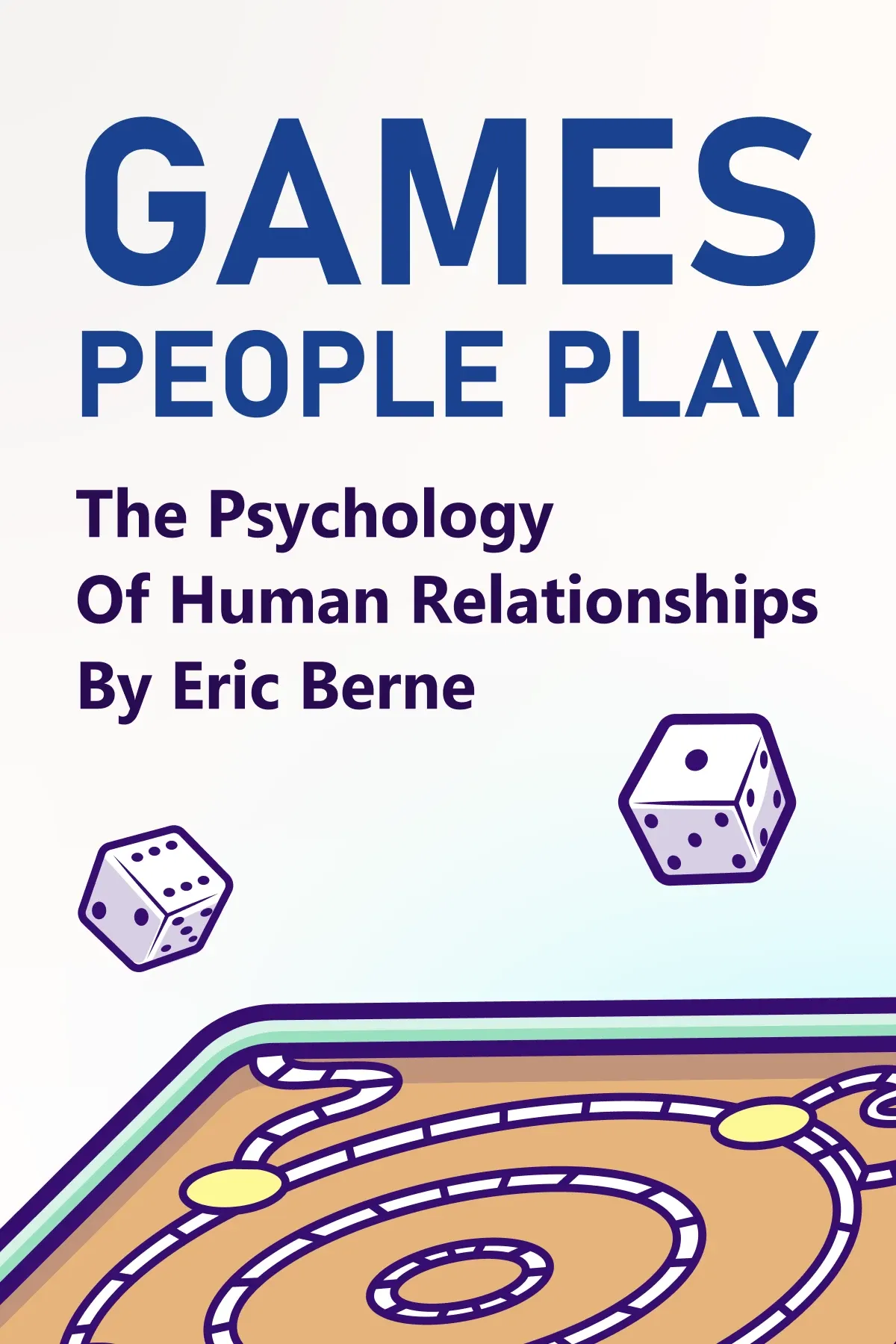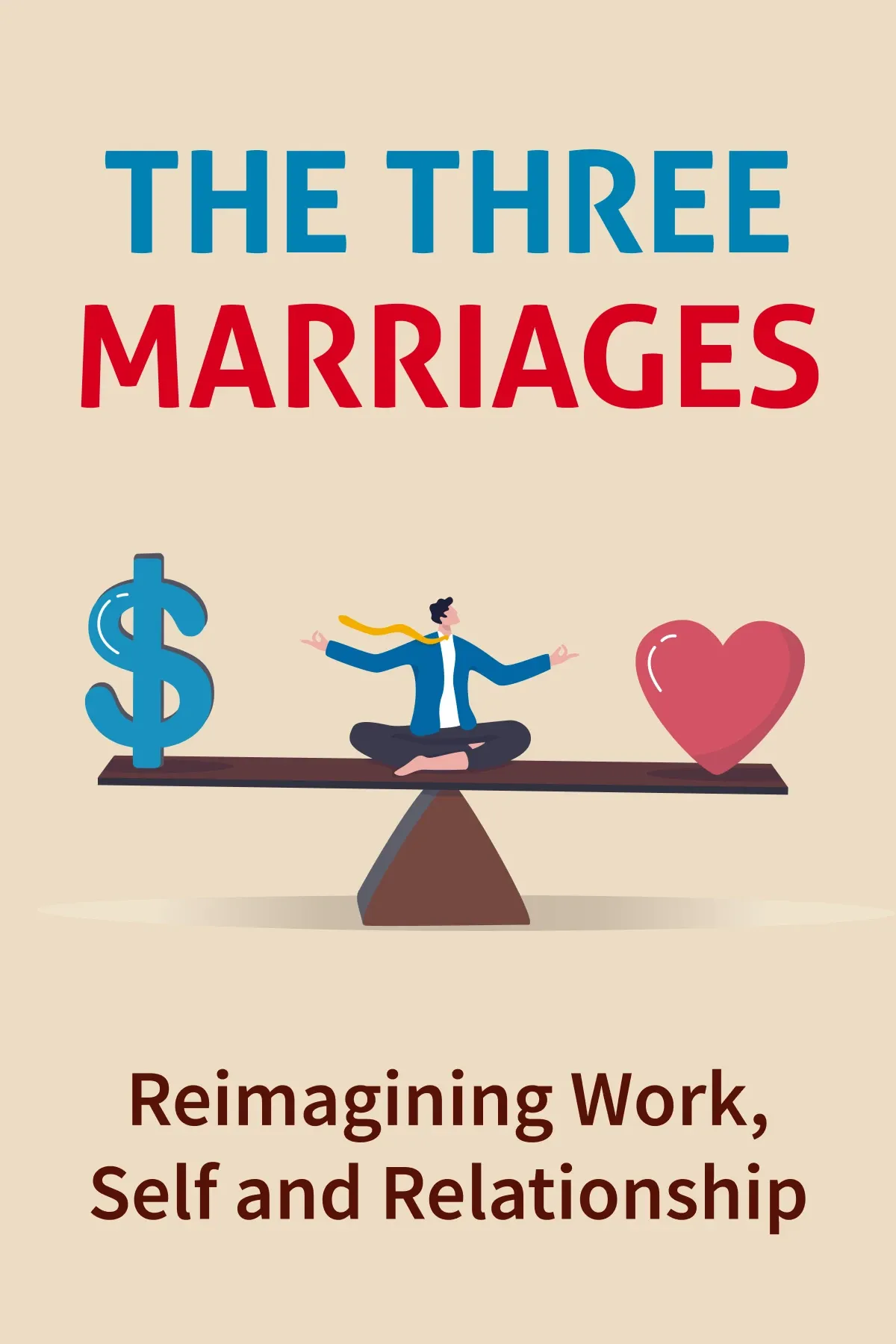
Boundaries
Brief Summary
Are you afraid of hurting people and can’t say “no” to them? Or maybe you take on too much responsibility for others? “Boundaries” will teach you to know your worth without letting anyone cross the line. Ready to improve your relationships with yourself, your friends, and your family? “Boundaries” is a true treasure for those who tend to prioritize others over themselves.
Topics
Key points
Key idea 1 of 7
When we know what falls within our control, life becomes clearer. Personal boundaries help us realize what is worthy and unworthy of our attention. For example, you cannot be responsible for the feelings and actions of others. Taking care of yourself and defining your responsibility helps avoid this confusion. But what if these boundaries become blurred?
Focusing on yourself does not signify a lack of empathy. Even the Bible’s book of Galatians has a sacred rule: we are responsible for ourselves, not others. Crossing these boundaries can lead to adverse effects even in adulthood. Let’s consider an example where the parents’ inability to set clear boundaries only worsened the situation.
25-year-old Bill was totally irresponsible, but his parents couldn’t say “no” and often helped him. And Bill just kept behaving the same way. So, the authors advised Bill’s parents to stop saving him and let him face all the problems on his own. In general, you should know your responsibilities. Identify key aspects: feelings, attitudes and beliefs, choices, behavior, and values. All these areas fall within the boundaries and shape our responsibility. But if we constantly “save” someone from these outcomes, we are removing their responsibility. So, it’s necessary to let people face the consequences without additional help.
The same goes for choices. As stated in Galatians 5:23, we are responsible for our own decisions—this is the meaning of self-control. Doing something without being forced is a fundamental step toward independence. To live spiritually, you must clearly understand your boundaries and take responsibility for your own choices.
Our feelings are a mirror of our relationship with ourselves, with others, and with God. It is essential not to repress our feelings, but to nurture them. Following your feelings means being sincere and doing what is suitable for you. But ignoring them can lead to depression, apathy, and questionable decisions.
Our values also play a crucial role in our responsibility. Often, people abandon their priorities because of the judgment of others. Yet, living by other people’s opinions leads to disappointment. The same goes for attitudes and beliefs: they are our responsibility. That’s why boundaries matter so much. They let us better understand ourselves and build healthier relationships with the world.
FAQ
You may also like these summaries


